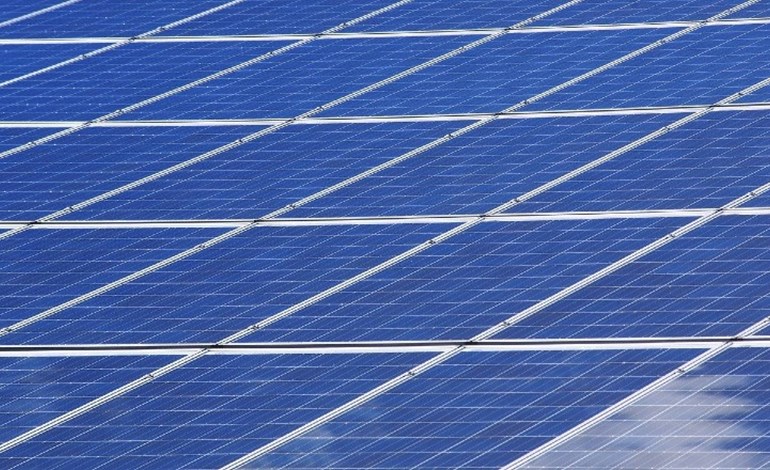In Short : The solar PV plants will have a combined capacity of 9.2 megawatts and will generate approximately 15 gigawatt-hours of clean energy annually. This is equivalent to powering more than 11,000 homes for a year and will help Bamburi Cement reduce its carbon footprint by over 8,000 metric tons of CO2 emissions per year.
In Detail : Nairobi : Bamburi Cement Plc is embarking on the construction of two solar photovoltaic (PV) power plants, marking a significant stride in the company’s efforts towards decarbonization. Once completed, this initiative is poised to contribute up to 30% of Bamburi Cement’s total power supply, making it Kenya’s largest commercial solar project initiated by a cement company, aimed at providing clean and cost-effective energy.
Today, Bamburi Cement Plc officially signed crucial agreements, including the Land Lease Agreement (LLA), Connection Facilities Agreement (CFA), Conditions Precedence (CP) Satisfaction, and Construction Start Date Letters with MOMNAI Energy Limited, an independent power producer formed for the project by Frontier Energy, a prominent African renewable energy developer and investor. This milestone paves the way for the commencement of construction activities on the Solar PV Plants, boasting capacities of 14.5MW and 5MW, situated in Bamburi’s Mombasa and Athi River locations, respectively. It comes two years after the signing of a Power Purchase Agreement (PPA) between the two parties.
The project has secured licenses from the Energy and Petroleum Regulatory Authority (EPRA) for Electric Power Generation and Electric Power Distribution and Supply, as well as environmental and social impact assessments (ESIA) approval from the National Environmental Management Authority (NEMA). Furthermore, it has received the necessary county approvals for Land Change of Use.
CEO of Bamburi Cement PLC, Mohit Kapoor, underscored the significance of these milestones, emphasizing that this project represents one of Kenya’s most substantial commercial solar endeavors undertaken by a cement company and a first within the Holcim Group in Sub-Saharan Africa. Kapoor noted that the project would account for 30% of the company’s total power supply, leading to significant cost savings, reduced vulnerability to load shedding, and a substantial contribution towards achieving Net Zero carbon emissions by transitioning to renewable energy sources.
Miriam Ngolo, Project Lead and Director of Strategy & Business Development at Bamburi Cement, highlighted the project’s aim to realize recurring power cost savings. “This strategic partnership with MOMNAI Energy will expedite our decarbonization journey and lower greenhouse gas emissions through the use of zero-carbon renewable energy sources,” added Ngolo.
In this collaborative effort, MOMNAI Energy will shoulder the responsibility of financing the construction, management, and maintenance costs of the entire project. Bamburi Cement, on the other hand, will provide land leases at its Mombasa and Nairobi plant sites for the Solar PV Plants.
Anders Hauch, Investment Director at Frontier Energy, expressed enthusiasm for commencing the 14th renewable energy project, marking a significant collaboration with a private off-taker. He emphasized the project’s unique position as one of the largest private off-take initiatives in Africa, supplying the leading global cement group, Holcim, in its quest to mitigate climate impact.
Frontier Energy is a prominent developer and investor in renewable energy and energy storage across Sub-Saharan Africa, with financial backing from European development banks and institutional investors.
This groundbreaking project aligns with Bamburi Cement’s commitment to decarbonizing its operations and realizing net-zero carbon (CO2) emissions by 2050, as detailed in its 2022 Sustainability Report. In the previous year, the company successfully reduced carbon emissions by 3.2% while achieving a 5.5% increase in the utilization of alternative fuels in its operations.

